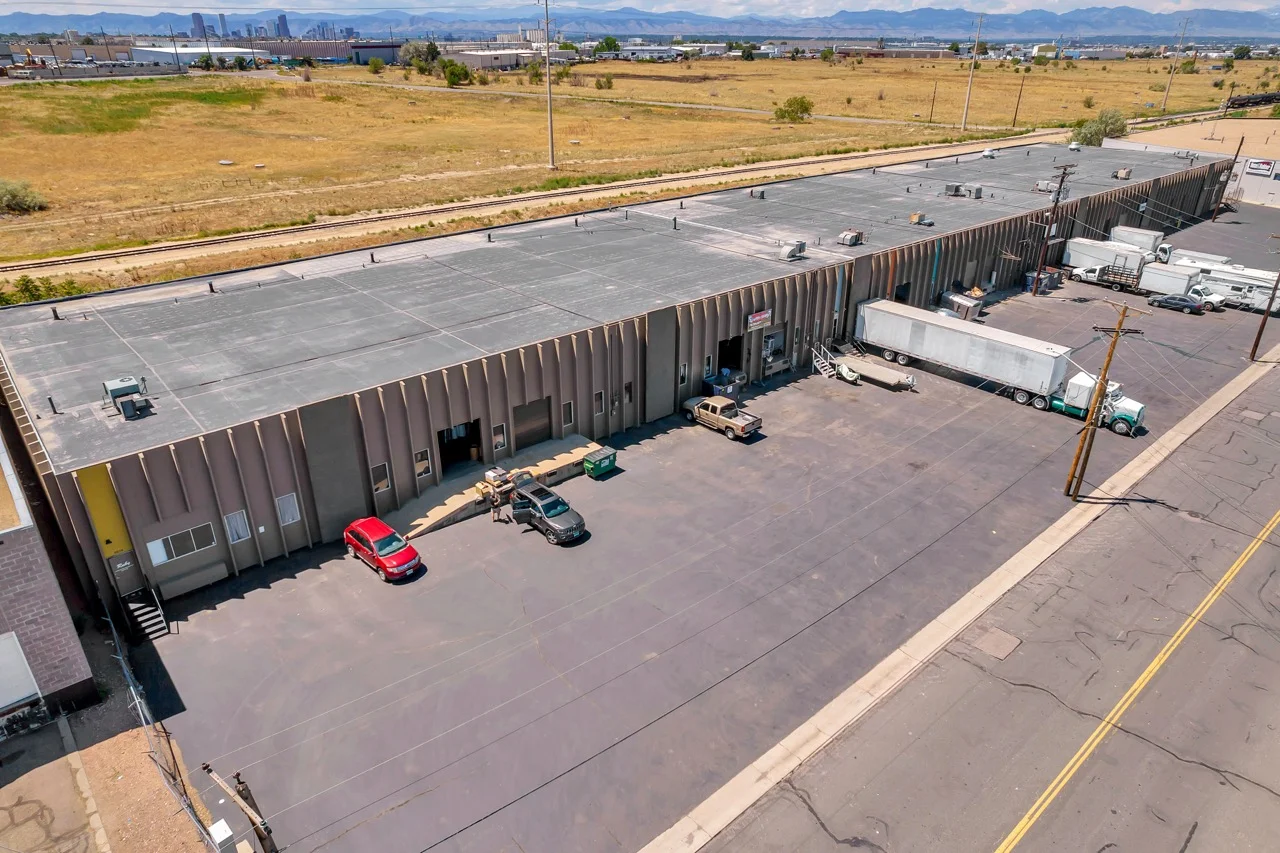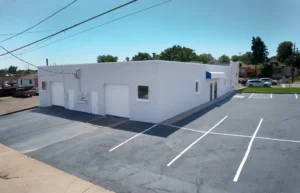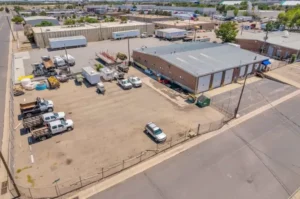Recession-Proof Real Estate Investing
Is a recession coming? While some are convinced that a recession is around the corner, others aren’t. Regardless, its crucial that as an investor, you need to safeguard your investments against potential market downturns. In such a situation, it is crucial to understand how recession-proof real estate investing works.
In any economy, there is no guarantee of the lease or sale of space. However, this also depends on the type of property you own. Whatever the state of the economy, there are steps you can take to increase your chances of financial success, especially in real estate.
What Exactly Is a Recession?
A recession is declared when economic activity begins to decline. When this happens, the economy usually suffers for a few months. Recessions take place when the economy can’t spend enough money as a result of things like price increases, wage declines, or high debt levels. The real estate market is no exception to the rule that during recessions, prices tend to fall. However, there are some property types and techniques that you can use to safeguard your real estate investments.
Uncertainty in the Real Estate Market
Amidst rising concerns of a recession in 2023 due to rising interest rates, there is also increasing uncertainty within the real estate market.
Global real estate leaders polled by Deloitte provided a variety of projections for real estate’s 2023 earnings. Only 40% of respondents anticipate an increase in revenue, while 48% anticipate a decrease, and 12% anticipate no change.
According to the Pew Research Center, a majority of renters in the United States believe that rents will rise by 10% in 2022. Those who hold properties can expect to earn more from leasing their properties out. Other than that, those who have invested in shares of real estate investment trusts (REIT) will not be as impacted by the uncertainty since the portfolios of these trusts are more diverse. Therefore, it isn’t the case that everyone dealing with the real estate market will suffer.

What Are the Elements of a Recession-Proof Real Estate Strategy?
Even if a recession is looming, you can still profit by investing wisely.
First and foremost, those who already own property should consider keeping it rather than selling it if at all possible. Because housing prices are still rising, there is no guarantee that you will be able to find a good property to buy if you sell your property now. You can get a good deal once the real estate market settles down. If you lease out your properties now and save the cash flow that comes your way, you can have enough to purchase a property when the market has stabilized. Rather than selling, you can rely on the property in your portfolio to generate cash-on-cash returns through rentals.
Second, you could purchase shares in a real estate investment trust (REIT) in industries that are expected to remain strong even during the recession. In other words, you invest in REITs focusing on agricultural, healthcare, and housing. Agriculture is evergreen and necessary because it helps the country put food on the table, so farmland REITs are an excellent investment. Healthcare is always in high demand because it is a necessary good that people cannot live without, no matter how much they want to. Aside from that, as housing and mortgages become more expensive, there is an increase in demand for rentals. Residential REITs are benefiting from this knowledge and profiting from it, so they may prove to be a good investment.
Third, if you intend to lease any properties, try to find small ways to increase their value. If you provide amenities, you can increase the cash flow you can generate from your existing portfolio. If you can make the property more appealing, tenants would be willing to pay a little more and stay longer. All of this will assist you in getting through the recession.
Why Should You Invest in Real Estate During a Recession?
During a recession, investing in real estate, particularly commercial properties, is an excellent way to protect against inflation. It is also a great way to diversify your portfolio. If you are already invested in real estate, it is best to diversify your holdings across asset classes and geographies to ensure a profitable return even during the recession.






